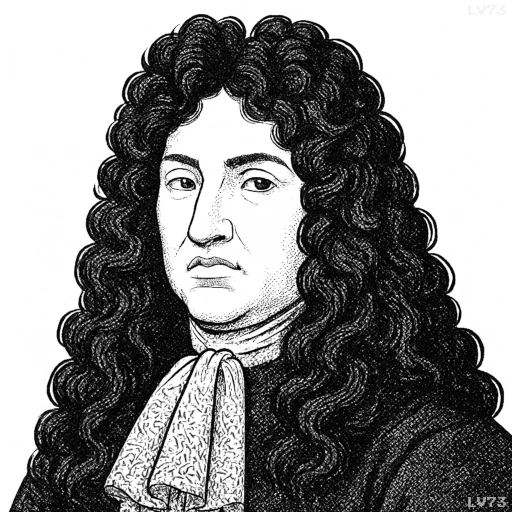“As for restitutions, to nobody in particular do I owe any, but as for those I owe to the realm, I hope in the mercy of God.”

- September 5, 1638 – September 1, 1715
- Born in France
- King of France
table of contents
Quote
“As for restitutions, to nobody in particular do I owe any, but as for those I owe to the realm, I hope in the mercy of God.”
Explanation
This quote from Louis XIV reflects a complex view of responsibility and accountability in both personal and political terms. The king begins by asserting that he does not owe restitution to any individual, which could suggest a rejection of personal debts or obligations to those who may have suffered under his rule. However, he qualifies this by acknowledging that his true debts are to the realm—the state and the people of France. By saying, “I hope in the mercy of God,” Louis acknowledges his reliance on divine grace for redemption and absolution for any wrongs he may have committed during his reign. This phrase reflects the tension between political authority and spiritual responsibility, where a monarch, even one with absolute power, recognizes a higher moral and religious obligation to answer for the well-being of the kingdom.
Historically, Louis XIV ruled France with absolute power, which often meant making decisions that were controversial, particularly with regard to religious and economic policies. For example, his revocation of the Edict of Nantes in 1685 led to the persecution of Protestants, a decision that likely caused great hardship for many. By claiming that he owes restitution to the realm rather than individuals, Louis may be asserting that the greater good of the state—the welfare of France—was always his priority, even if this came at the expense of some of his people. His reference to divine mercy shows a recognition of his own fallibility as a human ruler, acknowledging that, despite his efforts, there were likely negative consequences from his decisions that only God could ultimately forgive or correct.
In modern terms, this quote can be interpreted as an acknowledgment of the greater moral and ethical obligations that come with leadership, especially when it involves decisions that impact many lives. Leaders today may face similar questions about the balance between personal accountability and the greater good of their nation or organization. The reference to divine mercy highlights the humility that even powerful figures must show in the face of complex and difficult decisions. It speaks to the moral complexities of governance, where leaders may not always be able to satisfy every need or demand but are ultimately accountable for the overall welfare of the people they serve, hoping that their decisions will be judged not only by history but by a higher moral standard.
Would you like to share your impressions or related stories about this quote in the comments section?

